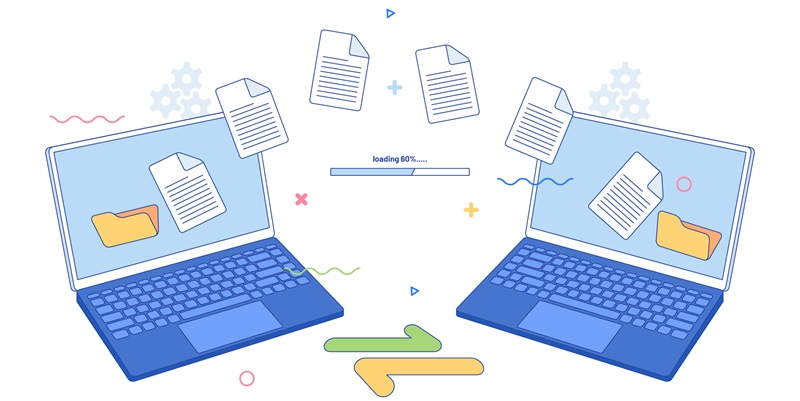In today’s interconnected world, data sharing agreements play a crucial role as global organizations prioritize the quick and efficient sharing of information. These agreements enable organizations to collaborate effectively, derive valuable insights, and achieve efficient business outcomes. However, to ensure the success and legal compliance of data sharing agreements, it is essential to consider various factors. This article examines the legal considerations, importance of consent, security measures, incident response protocols, collaboration benefits, trust-building, clarity in purpose and scope, control and confidentiality, as well as the role of anonymization techniques.
Legal Considerations in Data Sharing Agreements
Adhering to relevant laws and regulations is imperative when establishing data sharing agreements. Organizations must ensure they are compliant with privacy, security, and intellectual property rights laws. By doing so, organizations can mitigate legal risks, protect sensitive information, and maintain the trust of their stakeholders.
Consent in Data Sharing Agreements
Consent plays a crucial role in data sharing agreements. It is paramount that individuals are fully informed about the purpose of data collection and how their information will be shared. Organizations should prioritize obtaining explicit and informed consent, fostering transparency, and empowering individuals to make informed decisions about sharing their data.
Security Measures in Data Sharing Agreements
Implementing stringent security measures is vital to protect the privacy and integrity of shared data. Robust security protocols, including encryption and access controls, should be integrated into data sharing agreements to safeguard against unauthorized access, data breaches, and potential misuse. By prioritizing data security, organizations can instill confidence in their partners and stakeholders.
Incident Response Protocols in Data Sharing Agreements
Proactively addressing breaches and unauthorized access attempts is crucial in maintaining the integrity and trust of data sharing agreements. Organizations must establish comprehensive protocols for incident response, rapid detection, and mitigation to minimize the potential impact of security incidents. Clear communication channels and a well-defined incident response plan can significantly reduce the damage caused by data breaches.
Collaboration and Effective Data Sharing
Successful data sharing has become an essential component of effective collaboration among organizations. By sharing data with the right partners, organizations can pool resources, leverage expertise, and make better-informed decisions. Data sharing agreements facilitate collaboration by enabling the exchange of vital insights and promoting innovation across industries.
Trust in Data Sharing Agreements
Establishing trust is crucial in data sharing agreements. Organizations should prioritize building trust by implementing robust privacy measures, demonstrating compliance with regulations, and fostering transparency in data handling practices. Trust encourages organizations to share sensitive information without fear of misuse or breach, promoting mutually beneficial partnerships and collaborations.
Understanding the Purpose and Scope of Data Sharing Agreements
Before establishing data sharing agreements, it is crucial to have a clear understanding of their purpose and scope. Organizations should clearly define the objectives, data categories, and limitations of data sharing to prevent misunderstandings or potential conflicts. Clarity in purpose and scope ensures that data sharing agreements align with organizational goals and strategic priorities.
Control and Confidentiality in Data Sharing Agreements
Data sharing agreements empower organizations to share data with other parties while maintaining control over its use and ensuring confidentiality. By establishing clear data ownership, access, and usage rights, organizations can protect their intellectual property and ensure that shared data is handled appropriately. Measures such as data access controls, non-disclosure agreements, and audit trails can further strengthen control and confidentiality mechanisms.
Anonymization Techniques in Successful Data Sharing Agreements
Anonymization techniques play a vital role in successful data sharing agreements. By removing personally identifiable information and other sensitive attributes, organizations can safeguard individuals’ privacy while still allowing for valuable insights to be derived from the shared data. Anonymization techniques strike a balance between data utility and privacy, complying with data protection regulations and building trust among data sharing partners.
As the world becomes increasingly interconnected, data sharing agreements are paramount for efficient collaboration and achieving business outcomes. Adhering to relevant laws, obtaining informed consent, implementing robust security measures, establishing incident response protocols, fostering trust, maintaining clarity in purpose and scope, ensuring control and confidentiality, and utilizing anonymization techniques are essential components of successful data sharing agreements. By prioritizing these aspects, organizations can establish mutually beneficial partnerships, drive innovation, and navigate the data-driven landscape with confidence.

